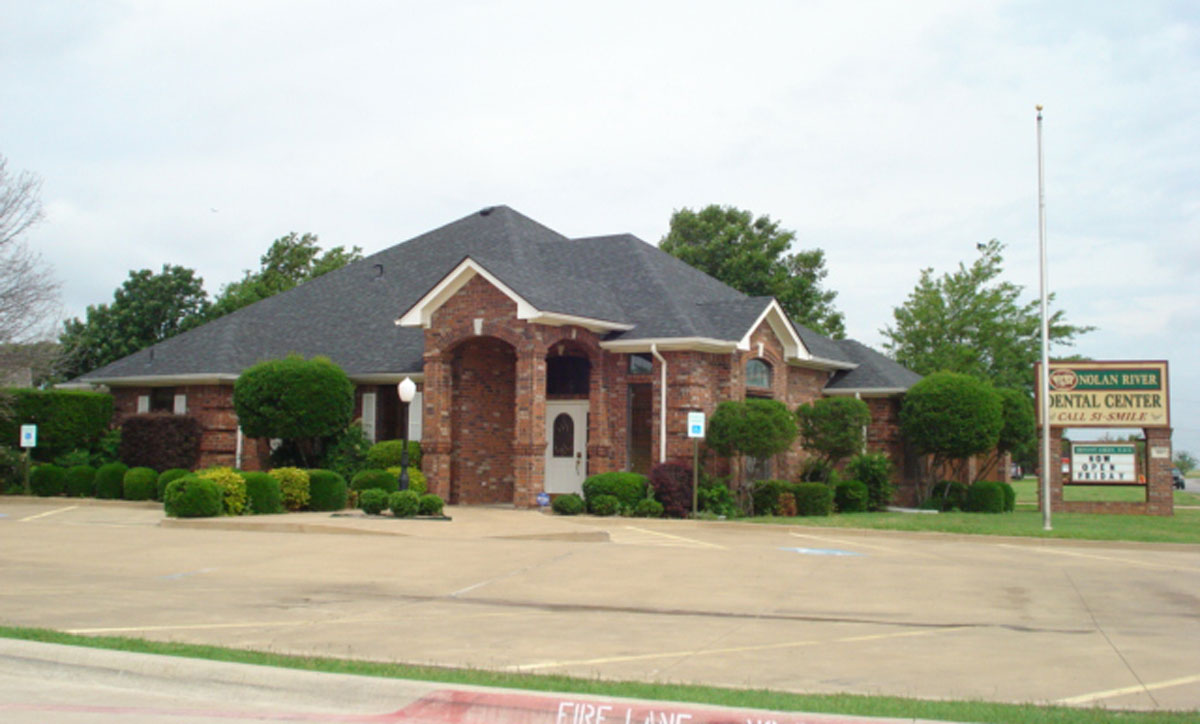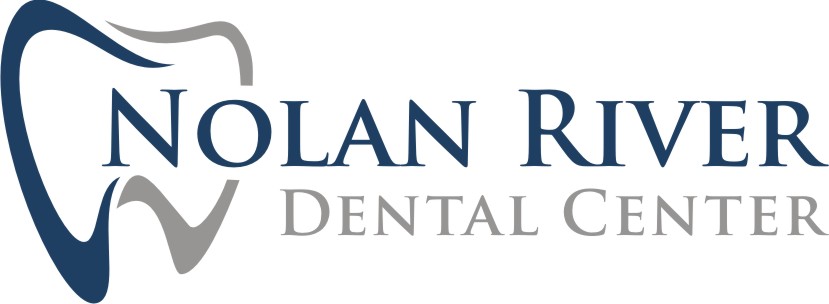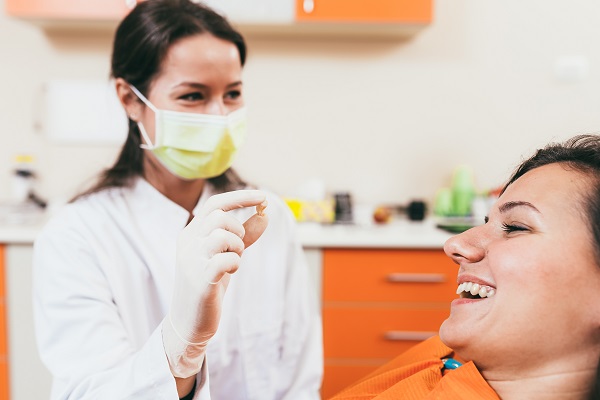The patient does not feel any discomfort during wisdom teeth extraction, but there is a recovery period after treatment. It is important to follow proper aftercare instructions to reduce the risk of an oral infection, recover faster and keep pain, swelling and bleeding to a minimal level.
Wisdom tooth extraction recovery tips
After wisdom tooth extraction, patients should follow all the dentist’s instructions, relieve their pain in a responsible manner, eat a soft diet, primarily drink water and practice good oral hygiene. The following is a closer look at the importance of each notable aftercare tip and insights into how to make the best of the healing period after wisdom tooth extraction.
Follow the dentist’s instructions
The dentist should provide either oral or written instructions on how to recover. This may involve how to care for your oral care routine, dietary restrictions and complications to check for. By following the dentist or oral surgeon’s instructions and contacting them if issues develop, you can better ensure a successful and fast recovery.
Find safe ways to relieve the pain
Pain and swelling management is a big part of the healing process. However, it is important to manage pain responsibly and avoid becoming too dependent on pain medication. For most patients, over-the-counter pain reliever and anti-inflammatory medication are enough to manage pain and swelling.
Eat a soft diet and drink water
The mouth around the affected area is likely to be sore for a few days after wisdom tooth extraction. To avoid irritating the area, stick to a soft diet. It is also important to reduce the consumption of sugar and other carbohydrates that may increase the risk of an oral infection by eating healthy foods and drinking water.
Practice good oral hygiene
Good oral hygiene (brushing, flossing and mouthwash) is also essential to preventing an oral infection after wisdom tooth extraction. Be sure to brush gently around the site of each extraction to ensure that you do not cause irritation but can still keep the mouth clean.
Check for any complications regularly
If complications develop, such as intolerable pain and excessive swelling, it is important to contact the dentist promptly to find out how to deal with the issues and ensure that they do not worsen. The dentist may require you to come in for a check-up visit.
Do not neglect follow-up visits
Some dentists require a follow-up visit to check up on the status of the patient’s oral health as they heal from a wisdom tooth extraction. It is important to make all scheduled visits without postponing if possible. This allows for faster healing and reduces the risk of long-term complications after the wisdom tooth extraction.
Contact us today to learn about wisdom tooth extraction
If you have a referral for wisdom tooth extraction or believe that your wisdom teeth are causing complications and may need removal, then reach out to us by phone or message today. We offer wisdom tooth extraction and take pride in helping our patients through the healing process.
Request an appointment here: https://www.nolanriverdentalcenter.com or call Nolan River Dental Center at (817) 517-6453 for an appointment in our Cleburne office.
Check out what others are saying about our dental services on Yelp: Wisdom Teeth Extraction in Cleburne, TX.
Related Posts
Your Guide to Recovery after a Wisdom Tooth Extraction
A wisdom tooth extraction is performed on the back molars, which are the last permanent teeth to erupt in the mouth. Many people do not have enough space on their jaws to …
Wisdom Teeth FAQs and Treatment Options
If you have wisdom teeth coming in or you have started to experience problems with the ones that already exist, it is important to talk to your dentist. At some point in …
What Can Happen If Wisdom Teeth Are Not Removed?
There is no golden rule that makes it compulsory for you to have your wisdom teeth removed, but most people have at least one of them taken out at some point in …
What Are Impacted Wisdom Teeth?
Concerned about impacted wisdom teeth? Read on to learn more about this condition and how it is addressed. The third pair of molars at the rear of the mouth is known …



